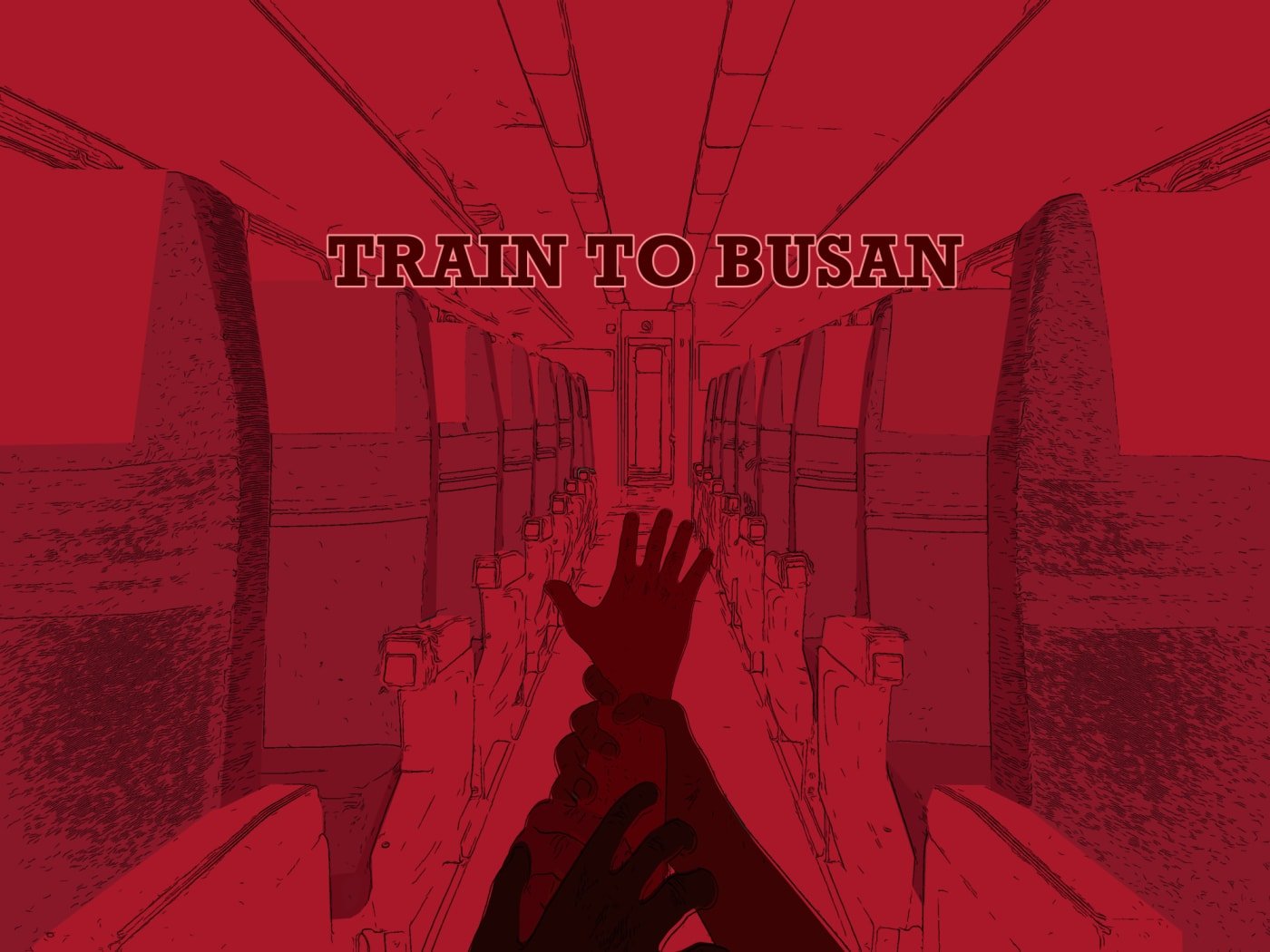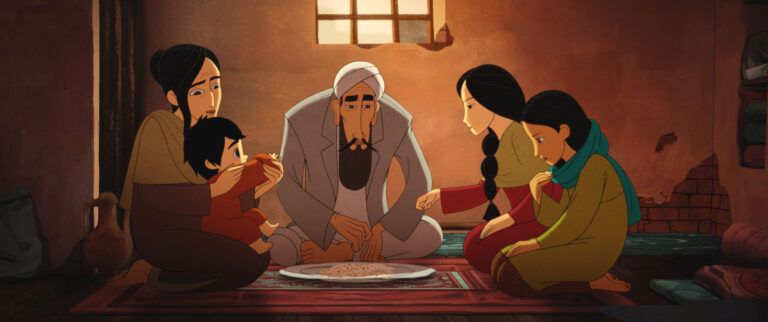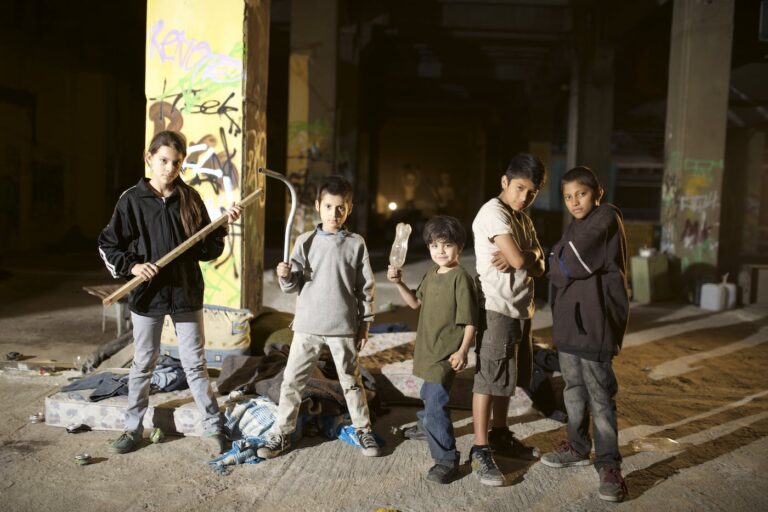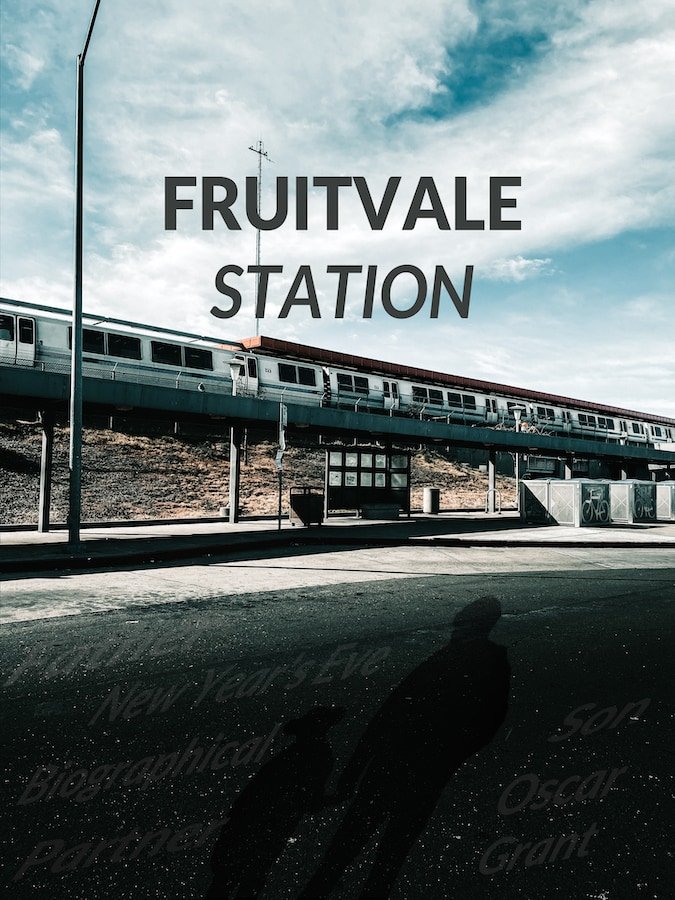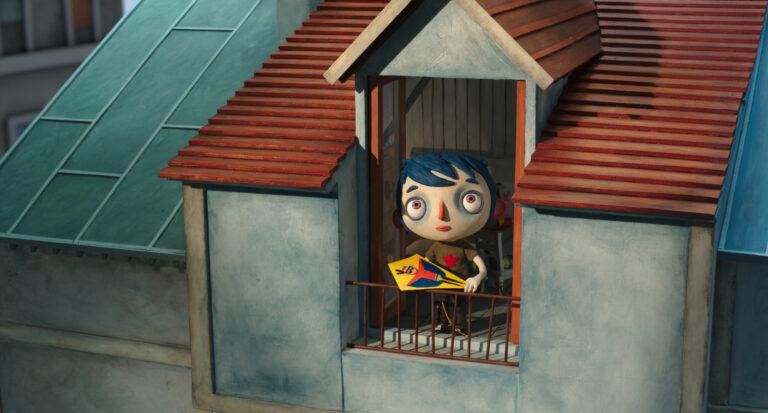Train to Busan is an exhilarating ride that looks at selfishness versus selflessness in a zombie apocalypse, closely examining the costs of survival, the sacrifices of family, and the kindness of strangers. It’s a drama, a sociological reflection, and an action-horror in a chaotic and unknown world. The transformations of the infected are portrayed to perfection, as are the changing attitudes of people.
On one very long train, with who knows how many carriages but I’d guess a lot, you watch a distant and neglectful father – who’s been a workaholic till now – fight to save his daughter from bloodthirsty and infected humans. And through this journey discovering the strong moral compass she has, and how he, and others, reflect the different points of its needle. Filled with a great cast – you really couldn’t wish for better – you feel invested, connected and empathetic to their characters.
In large, Train to Busan focuses on Seok-woo (Gong Yoo) a single father who’s recently split with his wife and is still finding his feet in parenting, and Soo-an (Kim Su-an) his young daughter who feels the distance between her and her father, and as a result only wishes to see her mum in Busan. Having repeatedly messed up, and with a bit of guilt – he is after all still obsessed with work – Seok-woo agrees to take his daughter to Busan.
Having been introduced to our main leads the film swiftly covers the co-stars, though these supporting roles (through great acting) soon become as important as the leads, and despite a quick and simple introduction, you garner very quickly who they are and what they’re about. The personalities being fully dimensional; there’s the two elderly sisters, with one mothering the other; a large man with a heart of gold who loves his wife; the wife being the more dominant figure in the relationship, and who’s maternal instincts are already protective of the ‘Sleepy’ bump in her stomach (being almost to full term); the school’s “it” girl who everyone wants, is both cocky and confident, but still wants the one boy who ignores her; the boy who’s shy, but has more to say; the ticket inspector who waivers back and forth; a man clearly distraught and caught in trauma; and lastly but sadly not forgotten is a suited man who is full of judgement. But as the train takes off there are signs that things aren’t right at the station, and with a last-minute passenger, things might not be right with the train.
Of course, there’s already been warning signs, and though as the audience we’re aware of what’s coming, our characters head out ignorant – despite the early parade of fire engines, ambulance and police. But unlike other zombie films, this one builds on the impending danger; being trapped in a fast-moving train, separated from loved ones, and with monsters put in the way of survival. But not all monsters are of the infected kind, and this is where the psychology of how people act comes in to play. It’s both horrifying, hopeful, and very realistic.
The context of the train also provides a different narrative on the zombie apocalypse as we come to see it unfold on a national scale, but only from the perspective of those on the train. Thereby limiting them to what they see as they travel across the landscapes, to what unfolds on the train’s TV screen and technology. It’s limited in its scope and so makes it focus more narrowed, thereby creating the tension of everything being imminent and isolated. There is a fantastic moment in Train to Busan where Seok-woo receives a call from a family member who has been infected. This provides a point of view that’s more intimate, with the person making the call realising they’re transforming into something else, and as such are desperate to cling on, but to also state what’s important to them before they are lost. It also gives insight that these transformations, although quick, have that brief lull of allowing the victim to realise who they were before they let go.
Having said all this, it’s still a movie about the end of the world, and so it’s not without its moments of implausibility – the killer here being time (just how long is 2 minutes in the film world?) and the ability of trains to somehow slow down so that the film’s characters can catch it. The tension, suspense and urgency are still there, and you just know your favourite character is probably going to die, and so you can forgive this lack of believability for the fact you need some hope, and more than luck, for anyone to make it.
Special mention has to be made regarding the two leads, Gong Yoo is great as the father who comes to see his own failings, and the hope of being something better. Kim Su-an is just superb, you see a multitude of mixed emotions in the little girl; hope and horror at her dad, fake disinterest, to the tears shed as she watches the best and worst of humanity. Then there’s Sohee who gave a convincing portrayal of a spoilt girl (Jin-hee) as changing into someone who is anything but. Lastly, and no means least, there’s Jung Yu-mi as Seong-kyeong and Ma Dong-seok who played Sang-hwa, the former displaying all the range of emotions, conflicts and strengths of her character, while Yu-mi’s husband Sang-hwa is someone you’ll fall for immediately – not romantically, but for the embodiment of a kind-hearted giant, and one you’d certainly trust with your life.
Train to Busan is a moral story in a horror-action, looking at the reactions of individuals and groups when pressured and faced with the inner conflict of what’s right over self-preservation. It therefore shows; displays of great sacrifice; realising what’s really important; the costs of your actions; and the cause of hysteria, but it also teaches one very valuable thing – protect the train driver at all costs!!
Director & Writer: Yeon Sang-ho
Writer: Park Joo-Suk
Other notable works:
- Hwayi: A Monster Boy 2013

